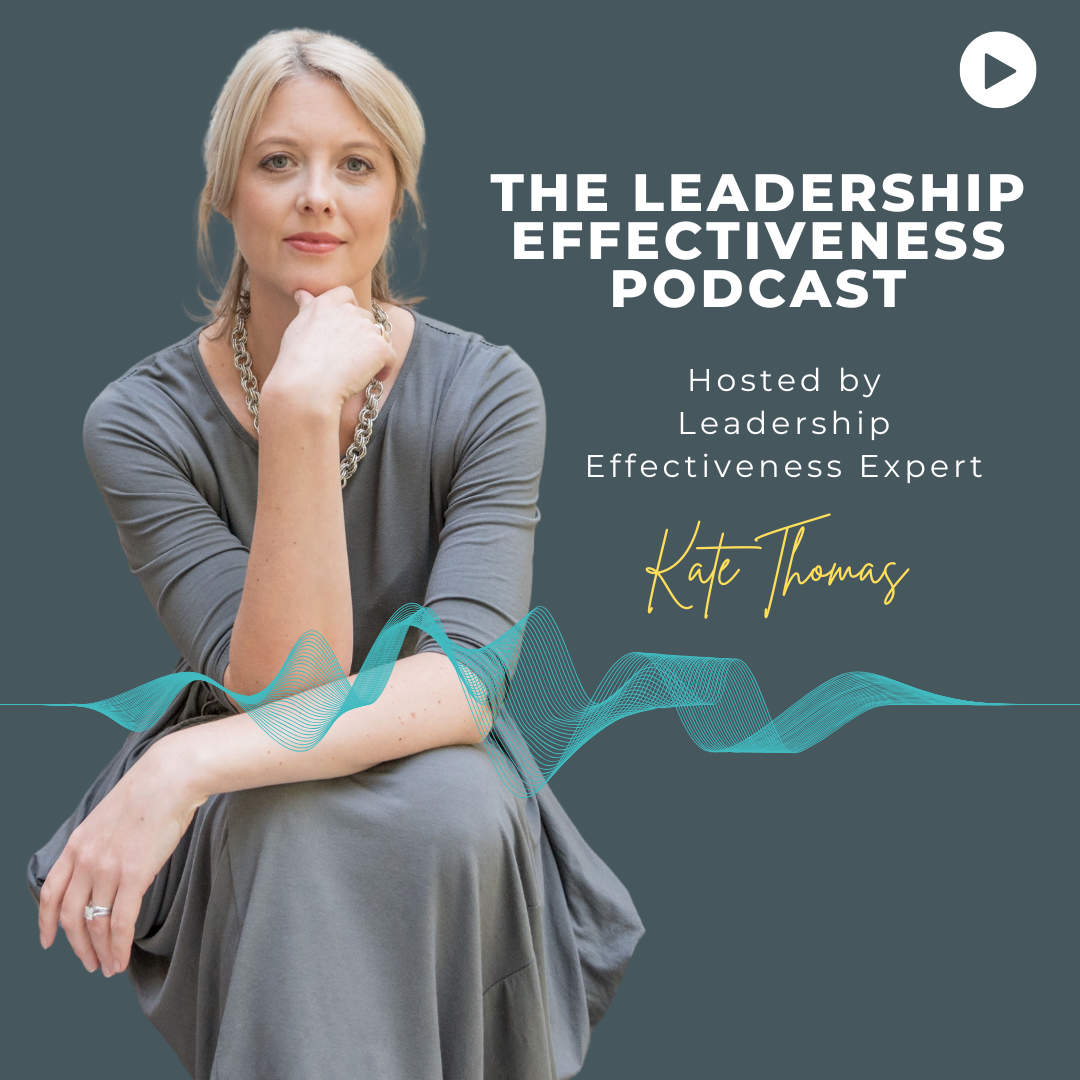What does it take to be a truly effective leader?
Mar 11, 2025
What does it take to be a truly effective leader?
There are so many myths about what it takes to be a truly effective leader. When delving into the intricate realm of leadership, one unmistakable truth emerges: there exists no universal blueprint or one-size-fits-all approach.
Leadership, in its diverse contexts, is as unique as the individuals who embody the role.
Market dynamics, organisational cultures, and the distinct compositions of teams demand a flexible and adaptive style. What might prove effective in one scenario might falter in another, emphasising the necessity for leaders to be agile and capable of tailoring their strategies to fit the specific needs, challenges, and aspirations of their followers and strategy.
Understanding that leadership is an art of adaptation rather than a rigid set of rules unlocks the potential for leaders to flourish in their respective domains.
Let’s embark on a journey to explore and debunk the five pervasive myths clouding the concept:
“Leaders are born, not made”:
This myth suggests that leadership abilities are innate and cannot be developed through learning and experience. While some individuals may have natural leader qualities, leadership skills can be developed and improved over time through education, training, self-awareness and practice.
“Leaders aren’t born, they are made. And they are made just like anything else, through hard work. And that’s the price we’ll have to pay to achieve that goal, or any goal.”– Vince Lombardi
This is a skill, not a genetic disposition.
“Leadership is all about taking charge”:
Many people believe that leaders must always be in control and make all the decisions. Effective leadership involves collaboration, listening to others, and empowering team members to contribute their ideas and expertise. Take charge as a default approach and you’ll experience a burnout culture.
“Leaders must be charismatic”:
This myth assumes that leaders need to be extroverted and charismatic to be effective. While charisma can be an asset, effective leadership comes in various forms, and introverted or quiet people can be just as successful by leveraging different strengths like empathy, analytical thinking, and strategic planning.
“Leadership is a solo endeavour”:
Some believe they should take on all responsibilities and make all the decisions on their own. In reality, effective people build and rely on strong teams, delegate tasks, and encourage others to take on leadership roles within the organisation.
“Leadership is about having all the answers”:
This myth suggests that people must have all the solutions and never show uncertainty. In truth, effective leaders acknowledge their limitations and are open to input and collaboration to find the best solutions. They focus on asking the right questions and facilitating problem-solving within their teams.
Challenging these myths can help individuals develop a more nuanced and effective approach to leadership.
Leadership is a multifaceted skill that requires continuous learning and adaptation.
➰ Leadership Effectiveness is the rock of every business.
Leadership Effectiveness is the rock of every business. NewlandRock increases leadership effectiveness for talent-savvy companies and individuals going through a transition.
Focused on Assessment | Executive Coaching |High Performing Teams – Internationally


